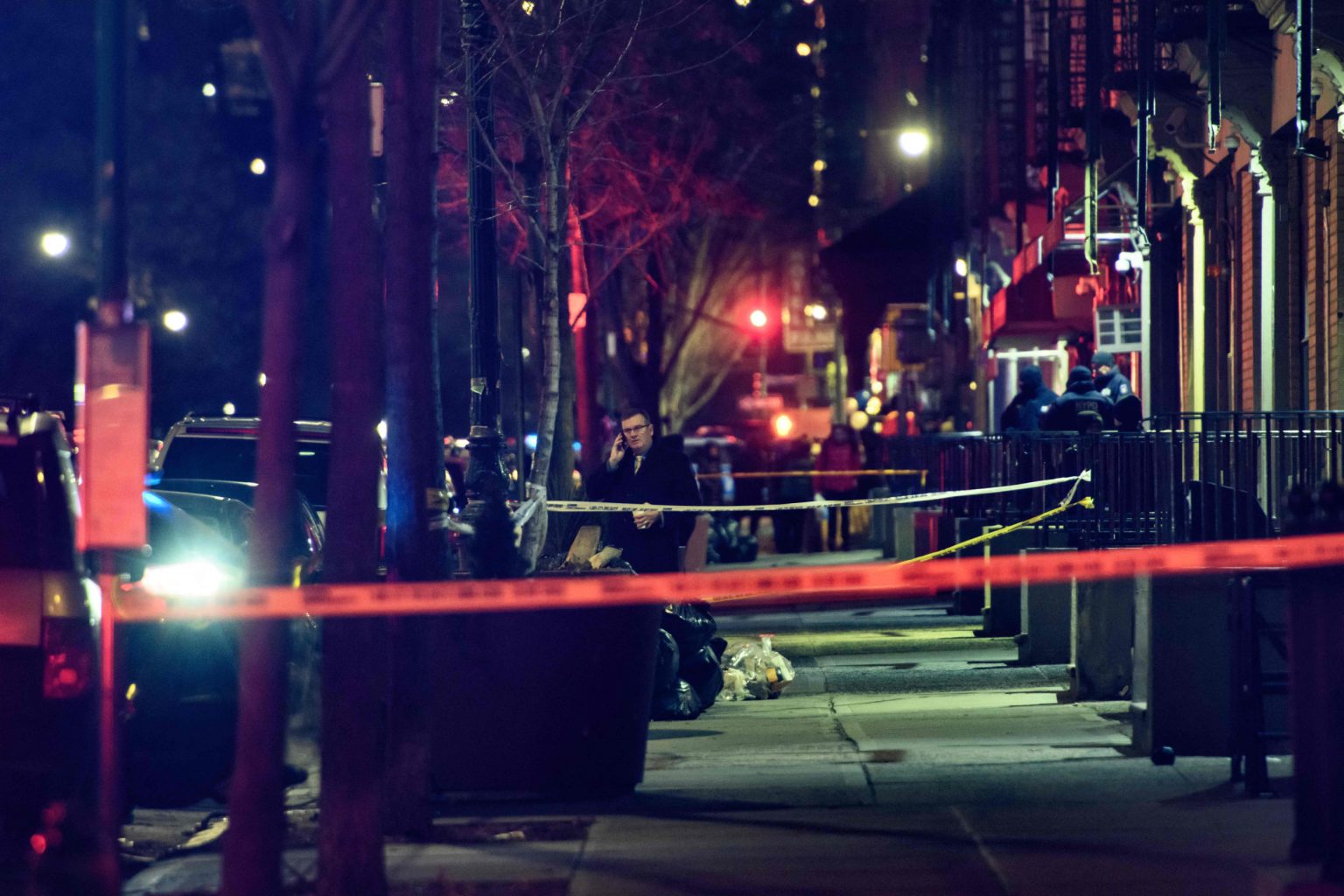New York’s progressive politicians and activists have been blamed for empowering criminals and victimizing law-abiding working-class citizens. They have implemented bail reform under the guise of promoting justice for the poor, but it has resulted in a crime wave that has made the state more dangerous to live in. Organized crime, such as shoplifting syndicates, has resurged in New York City, with criminals taking advantage of lenient punishments and excuses for their behavior. The focus on empathy for criminals over the safety of citizens has led to a system that allows repeat offenders to continue committing crimes without consequences.
Recidivism is a major issue in New York, with a systemic revolving door for career criminals who are able to evade accountability. The NYPD has reported that a small number of individuals are responsible for a significant portion of shoplifting arrests in the city, highlighting the role of repeat offenders in driving crime rates. This lenient mentality has extended to violent offenders as well, with many assailants having prior histories of harming others. The prioritization of criminals over victims has led to a lack of support for law enforcement officers who are tasked with maintaining public safety.
There is a growing trend of activists and advocates in positions of power who prioritize the interests of criminals over those of law-abiding citizens. This has resulted in a lack of support for police officers and a reluctance to enforce consequences for repeat offenders. As crime rates continue to rise in New York, particularly in terms of murders and assaults, there is a concern that real change will only occur when the wealthy and powerful are directly impacted by the crime wave. Until then, the poor and working-class individuals are at risk of being sacrificed and ignored by those in power who believe that crime is an inevitable part of city life.
The lack of accountability for criminals and the emphasis on empathy for offenders has created a dangerous environment in New York, where criminals are emboldened to commit acts of violence without fear of repercussions. The failure to prioritize public safety and support law enforcement officers has contributed to the rise in crime rates and the overall deterioration of the state. Until there is a shift in focus towards protecting law-abiding citizens and holding criminals accountable, the situation in New York is unlikely to improve. The author concludes that real change may only come when the wealthy and powerful are directly impacted by the consequences of the crime wave affecting the poor and working class.


